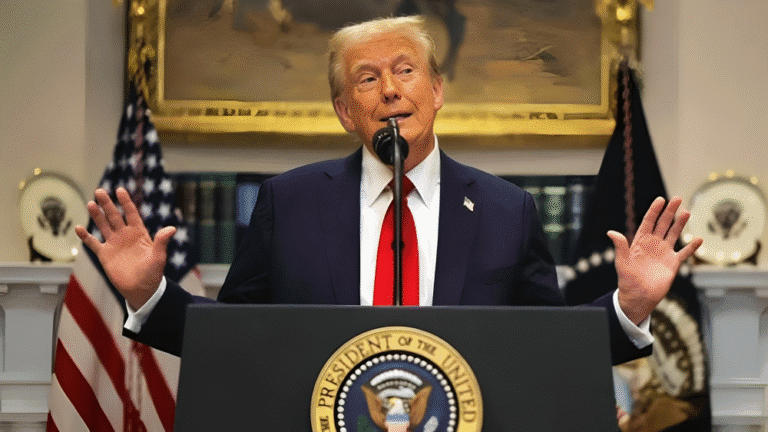
The H-1B visa program, a key gateway for foreign professionals seeking work in the United States, may soon see a fundamental change in how applications are selected. A new proposal suggests that candidates could be ranked based on their skills, experience, and the salary offered, rather than being chosen at random.
According to Bloomberg Law, the US Department of Homeland Security (DHS) and US Citizenship and Immigration Services (USCIS) have submitted the plan to the White House, which has now given its approval. The proposal, titled “Weighted Selection Process for Registrants and Petitioners Seeking To File Cap-Subject H-1B Petitions”, was reviewed by the Office of Information and Regulatory Affairs (OIRA) and cleared on August 8. It is expected to be made public soon.
From Lottery to Wage-Based Selection
The current H-1B selection process is beneficiary-centric, where USCIS picks registrations based on unique applicants, replacing the earlier random lottery system. The new approach is likely to prioritize petitions offering higher salaries, potentially reviving a wage-ranking rule first introduced under former President Donald Trump in 2021 but later shelved by the Biden administration.
The 2021 plan aimed to rank applications starting with the highest Occupational Employment Statistics (OES) wage level (Level IV) and proceed downward through Levels III, II, and I. The revived proposal is expected to follow a similar structure, giving an advantage to roles offering pay above the statutory wage cap.
H-1B Quota Remains Unchanged
The annual H-1B visa limit, set by the Immigration Act of 1990, allows for 65,000 new visas each year, with an additional 20,000 reserved for applicants holding advanced degrees from US institutions—a provision added in 2004.
If finalized without legal challenges, the new rule could be implemented as early as March 2026, in time for the Fiscal Year 2027 H-1B cap selection.
The proposed shift has drawn attention from employers and foreign workers alike, as it could reshape the talent pool entering the United States, favoring high-wage, highly skilled professionals over lower-paid positions.






